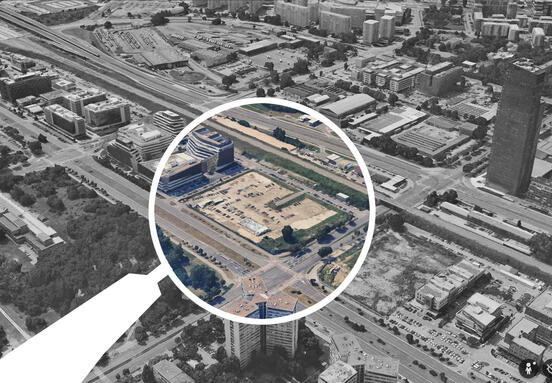One of the conference topics was the option of investing in Serbia and real estate development in our country.
Participants estimated that banks support investors only after they make sure companies have financial capacities and ability to implement the project.
Nikola Senesi, a partner in the consulting company specialized for the European developing markets, WolfMcGill, said banks will support investors with good projects.
- Institutional investos are not present in the real estate market since Serbia is a big risk for investors Funds which were present at this market before, do not operate in Serbia anymore. Foreign investors who invested before the financial crisis are now trying to sell problematic real estate. The share capital is the basic funding source – Senesi points put.
Claus Graggaber, director at Erste Group Immorent Serbia, pointed out that banks are not ready to take the risk of construction.
- It is necessary to provide real estate renting in advance. Renters can be provided for good projects for most of the space before the construction, especially for residential space. If there is no renting in advance, it sends message to other investors on market situation- he said.
Rudolf Riedl, director for Serbia at Raiffeisen Evolution said banks do not want to take the risk of investment. He outlined administrative problems which investors are facing in Serbia as well.
- The main question for investors is legal security. If there were certain rules when the company stepped into the market, it expects the rules to be effective in the investment implementation stage. Taxes should not be changed to often. The state is now working on the fact that ownership over the land where investors had the right of use can be acquired - Riedl explained and added that corruption is also a huge problem in Serbia.
Nikola Senesi pointed out that the Law on Planning and Construction as of 2009 very bad for investors and that they expect significant changed in the new document.
Director of Erste Group Immorent Serbia estimated that there aren’t many investors in Serbia since as of the beginning of the financial crisis they directed themselves to their basic market.
Huge demand for business premises in Belgrade
Speakers at the meeting agreed that business space lacks at our market which is a huge problem for investors which decide to set up business in Serbia
Andrew Peirson, director of JLL, a real estate consulting company, said at the meeting that none of the countries in the region, including Serbia, have developed real estate market.
- There is no demand for real estate two years ahead but it is a period of 6-9 months. Larger portion of share capital is necessary for construction. The question of ownership and tax is not an issue of the EU but the local one which should be solved as soon as possible.
Peirson pointed out foreign investors can only open a company in a facility they built themselves concerning a big lack of business space in Serbia.
- Belgrade lacks residential and business space. The only available building in Novi Beograd on 5000 square meters is to be finished. Stari grad does not have adequate business space so everybody is moving to Novi Beograd - Peirson said and added that the renting price in shopping malls in Belgrade is higher than in the region since there is no supply.
Nikola Senesi from WolfMcGill agrees “there is no exaggerated need in none of the real estate market segments".
- Belgrade can accept up to 20.000 square meters of business space in the next 2-3 years and a few retail parks. Apart from business space of A class, Belgrade does not have B class for the price EUR 9-9, 5– Senesi estimated.
Director of JLL pointed out that Belgrade on water is good project for the overall country development.
- "Belgrade on water" will not have negative effect on real estate market in other parts of the city because the market is not developed.
When it comes to statistical data, speakers agreed that all information on real estate market is checked in a few sources.
Rudolf Riedl said that all data are checked in a few places because the Eurostat data do not match with the local data which requires additional check.
Nikola Senesi said it is difficult to come to data with respect to retail turnover and Andrew Peirson mentioned that all buildings in the center are not covered by statistics.
Source: ekapija.com
Publisher: ekapija.com






